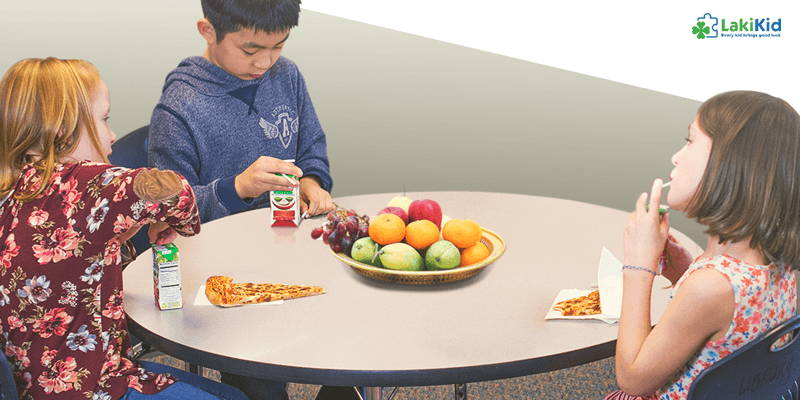Ryley is a picky eater who currently only drinks chocolate milk. So you know I was excited when this week I got to sit down with Jenny, a registered dietician. Like many of you I had many questions.
Proper nutrition is vital to everyone. Children with autism are more likely than their non-ASD peers to experience selective eating, food refusal, limited food acceptance and are at a greater risk for poor nutrient intake. One thing we need to understand is poor nutrition can be holding our children back from meeting their potential.
The Ultimate Guide to Diet and Nutrition for Children with Autism
Posted by Jenn Eggert

The Ultimate Guide to Diet and Nutrition for Children with Autism
Do you have a child where you worry about everything they eat or don't eat?
When trying to get children with autism to try new foods, you need to look at your child's needs and personality.
For many kids, gradual changes work the best. So you would frequently offer small, often miniscule bites of new food. You can also try letting them gradually work up to it by doing touch, smell, kiss, lick, taste. It gives them a chance to gradually try and explore new foods. Jenny also recommends letting your child to play with new foods and textures. One major thing she warned of is being careful with sneaking healthy foods into their foods because it could cause them to stop eating that food and limit their diet more.
Smoothies are a great option if your child is willing to try them. You can add protein powders, new foods, and involve your child in picking what they want to try in it. When we involve our kids in making the foods they are often more willing to try. Also keep trying new textures. Start with small softer bits and work your way up. Remember your child needs to be exposed to vegetables in order to want to try them.
For many children with autism, picky eating is a phase.
But if your child eats less than 20 foods, avoids entire food groups, or types or textures, has trouble eating with others, drops food without picking them back up, refuses new foods, you may be looking at more something more severe than picky eating. If so, I suggest seeking medical help.
I know I now feel better about some of how Ryley eats. I know my plan is trying to get Ryley to help me in the kitchen more and keep introducing her to new foods and textures.
ABOUT THE AUTHOR
JENN EGGERT
is a 35-year-old mother of two. Jenn's daughter, Ryley was disagonsed with autism at the age of 4. Jenn is also the host of our weekly Facebook Live show, Ask an Autism Mom.

